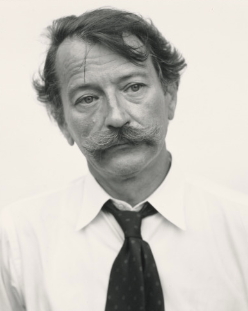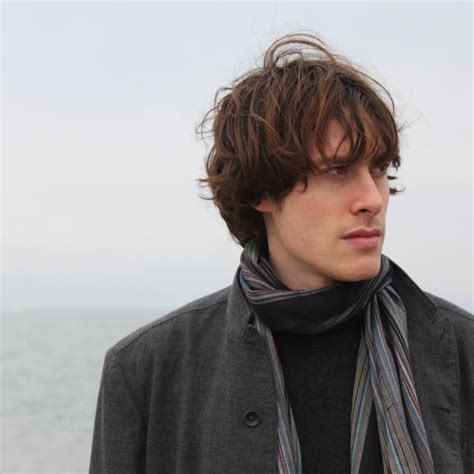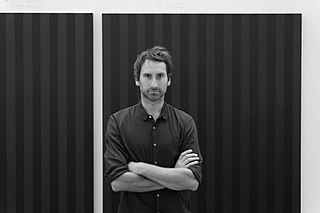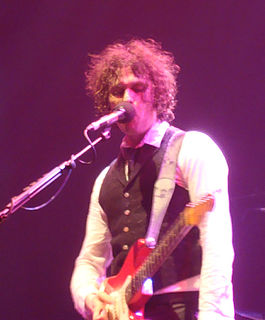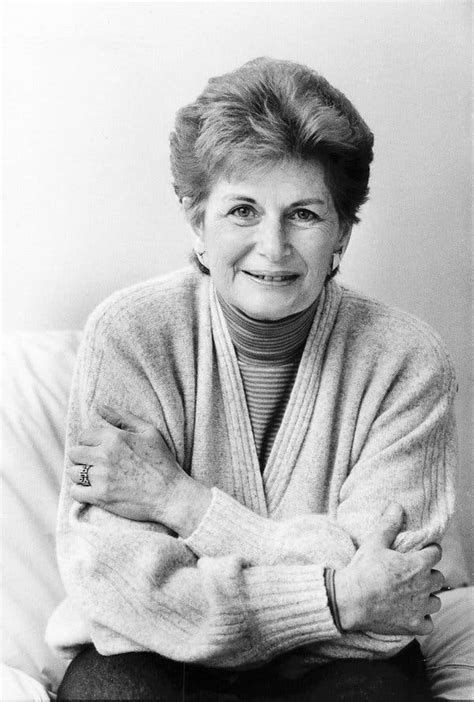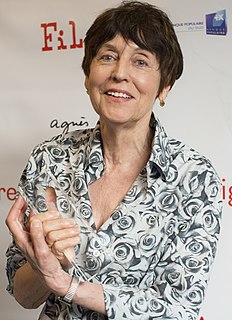A Quote by Richard Misrach
Whatever else a photograph may be about, it is always about time.
Related Quotes
I think self-portraits are very difficult. I’ve always seen mine as straightforward, very stripped down, hair pulled back. No shirt. Whatever light happened to be available. I’d want it to be very graphic – about darkness and light. No one else should be there, but I’m scared to do it by myself. I’ve been thinking about it for a long time. The whole idea of a self-portrait is strange. I’m so strongly linked to how I see through the camera that to get to the other side of it would be difficult. It would be as if I were taking a photograph in the dark.
As far as the surface is concerned - oil on canvas, conventionally applied - my pictures have little to do with the original photograph. They are totally painting (whatever that may mean). On the other hand, they are so like the photograph that the thing that distinguished the photograph from all other pictures remains intact.
Photographers usually want to photograph facts and things. But I'm interested in the nature of the thing itself. A photograph of someone sleeping tells me nothing about their dream state; a photograph of a corpse tells me nothing about the nature of death. My work is about my life as an event, and I find myself to be very temporal, transient.
The best books, they don’t talk about things you never thought about before. They talk about things you’d always thought about, but you didn’t think anyone else had thought about. You read them, and suddenly you’re a little bit less alone in the world. You’re part of this cosmic community of people who’ve thought about this thing, whatever it happens to be.
Desire is action. In the inner world, your desires bring about their own fulfillment, effortlessly. That inner world, and the exterior one, intersect and interweave. They only appear separate. In the physical world, time may have to elapse, or whatever. Conditions may have to change, or whatever, but the desire will bring about the proper results. The feeling of effortlessness is what is important.
The Photograph belongs to that class of laminated objects whose two leaves cannot be separated without destroying them both: the windowpane and the landscape, and why not: Good and Evil, desire and its object: dualities we can conceive but not perceive... Whatever it grants to vision and whatever its manner, a photograph is always invisible: it is not it that we see.
There are a lot of ways to talk about the life of a photograph. You can talk about the afterlife of a photograph, and in the end I talk about that, with the Richard Prince picture. But mainly, what I dedicated the book to being about was how photographs begin their life, and where they begin it. And they begin it with the photographer's imagination and instinct and experience.
[My work] includes something about death, and about love, because the photos always have something to do with death. The photograph is like taxidermy. It is like the animals I use. They are posed in order to appear to be alive, but they are dead. Their time has passed. The photos have to do with time and loss, and conclusion.

